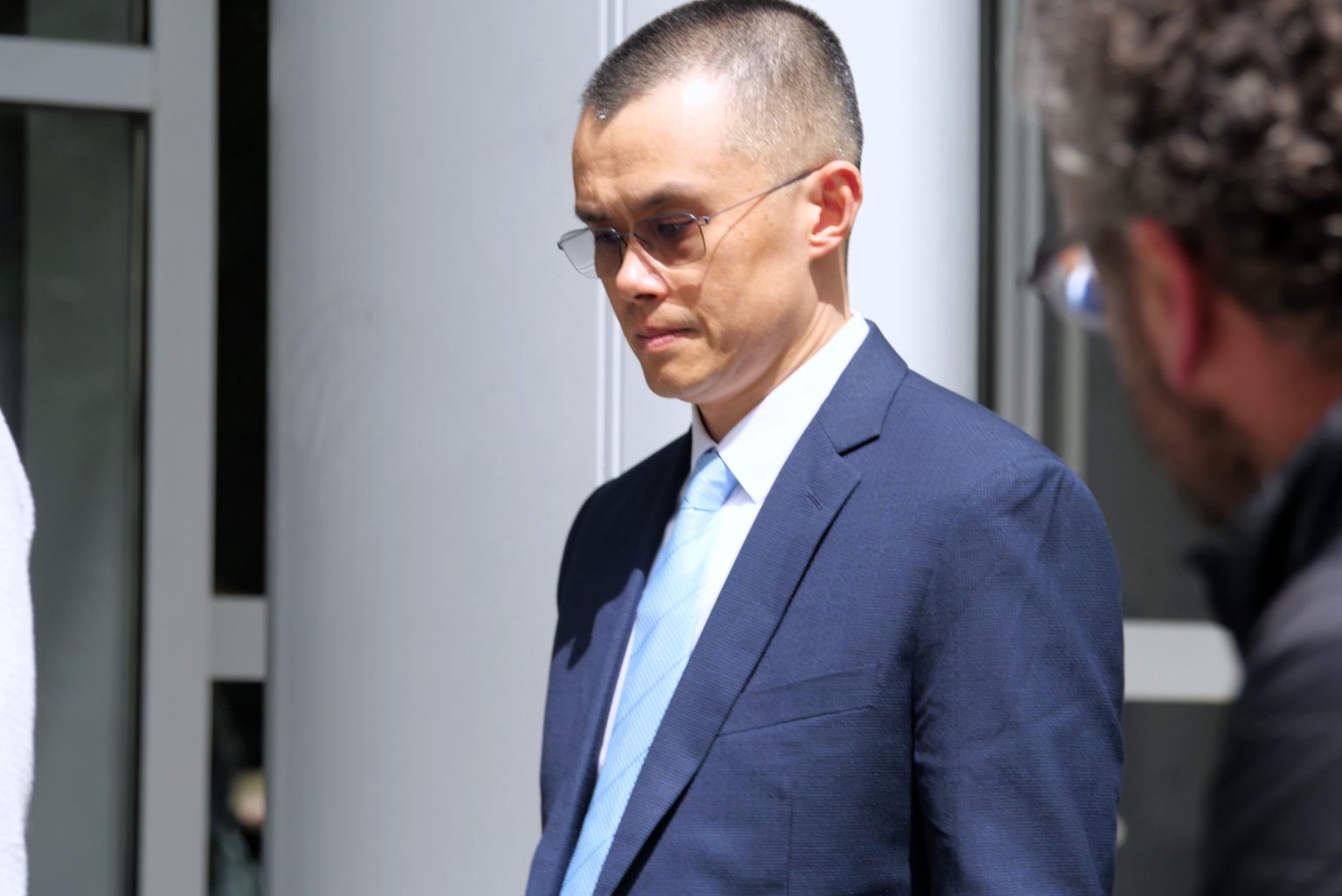Changpeng “CZ” Zhao, the founder and former CEO of Binance, was sentenced to four months in prison for failing to establish an anti-money laundering program. The sentence was a fraction of the three years prosecutors had sought, based on allegations that Binance was used to fund terrorists, child abusers, and cybercriminals. Zhao admitted to the mistakes he made and expressed acceptance of responsibility for them during his sentencing hearing. Judge Richard A. Jones commended Zhao for his successful business career and philanthropic initiatives but also stated that he failed to comply with U.S. regulations in enabling billions in Bitcoin to be funneled into the dark web.
Zhao stepped down as CEO of Binance in November and was fined $50 million as part of his plea deal. Despite this, he retains a stake in the company and has an estimated personal net worth of $33 billion. His defense attorneys had asked for probation instead of prison time, highlighting Zhao’s cooperation in returning to the United States to face the charges. However, prosecutors argued that Zhao’s actions created a “Wild West” environment on Binance that allowed criminals to operate freely. They believed that a significant sentence was necessary to punish Zhao for his criminal acts and deter others from violating U.S. law.
The lighter-than-expected sentence faced backlash from those concerned about its implications on future cases involving violations of the law. Groups such as Better Markets criticized the plea deal that allowed Zhao to admit to a single charge and called the four-month sentence an injustice. U.S. Attorney Tessa Gorman defended the sentence, stating that it was a federal criminal conviction for both the corporation and its CEO, emphasizing the significant consequences of the case. Binance had previously agreed to pay $4.3 billion in penalties and forfeitures as part of its plea deal related to violations of the Bank Secrecy Act and failure to register as a money transmitting business.
The sentencing hearing occurred in Seattle due to the U.S. Attorney’s Office for the Western District of Washington’s history of prosecuting cyber crimes, including those involving cryptocurrency. Zhao’s case was seen as a significant milestone in holding individuals and corporations accountable for their actions related to financial crimes. The outcome of the case raised concerns among some observers about the message it sends to others who may be tempted to violate U.S. law. Despite the criticisms, U.S. Attorney Gorman maintained that the case was a victory for the Department of Justice and a reminder of the serious consequences that come with federal criminal convictions.


